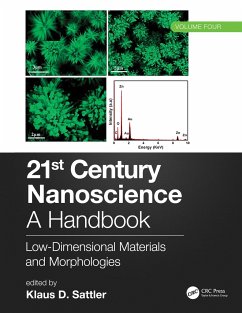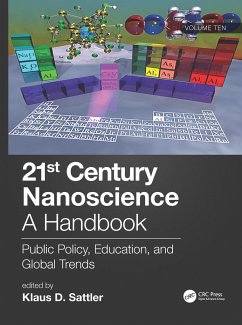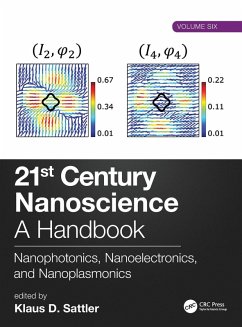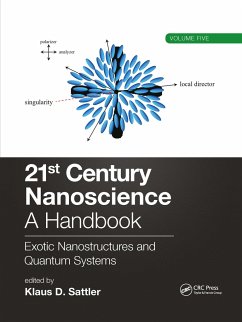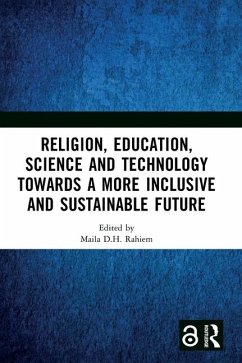
Nanoscience Education, Workforce Training, and K-12 Resources
Versandkostenfrei!
Versandfertig in 1-2 Wochen
161,99 €
inkl. MwSt.

PAYBACK Punkte
81 °P sammeln!
Divided into 3 parts, part one of this book provides a historical perspective including a definition of nanotechnology and an evaluation of the global and national landscapes of the field. Part two evaluates the US model and compares it to other models around the world. Part three considers plans of action that may prove to be sustainable.






